Alumni Spotlight: Dr. Ramya Pinnamaneni
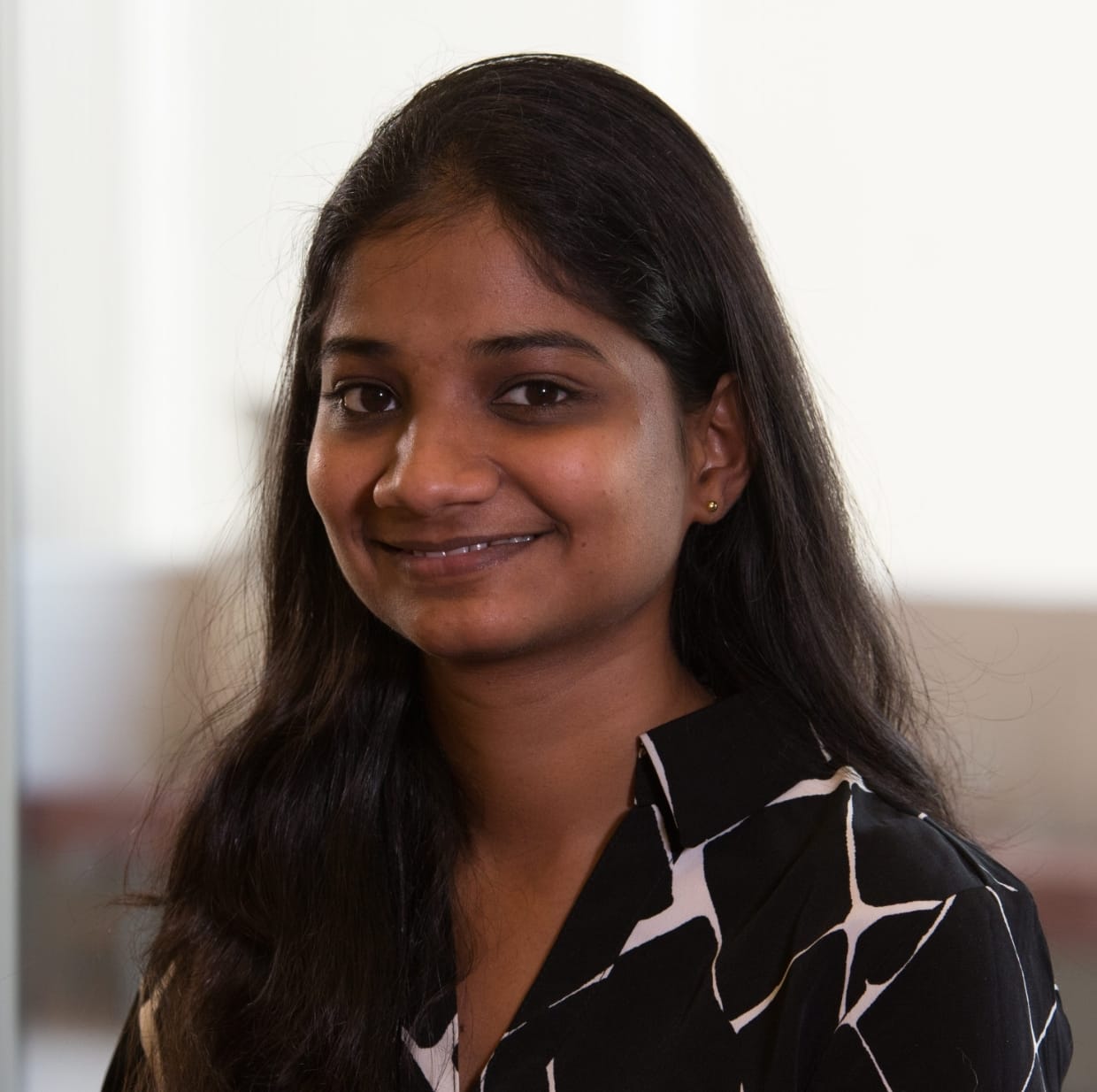
Dr. Pinnamaneni holds an MBBS (2006–2012) from Lady Hardinge Medical College, India, and an MPH in Global Health (2017–2018) from the Harvard T.H. Chan School of Public Health, where she also worked for seven years. Dr. Ramya Pinnamaneni is a public health researcher and physician with over ten years of experience in maternal, child, and adolescent health, social and behavioral change, health communication, and health equity. She currently serves as the Director of the School of Public Health at KIIT Deemed to be University, Odisha, where she oversees academic and research initiatives with a strong focus on national and global collaborations.
With the Viswanath Lab and the Department of Social and Behavioral Sciences at the Harvard T.H. Chan School of Public Health, she worked on Project SANCHAR, a communication initiative, building public agenda and policy support for public health in India; developed recommendations for India’s National Nutrition Mission; designed adolescent wellbeing studies and built a COVID communication toolkit.
Her expertise lies in evidence synthesis and translating research into policy and practice, particularly in low- and middle-income countries. She has authored an e-book released by the Ministry of Women and Child Development (MoWCD), book chapters, articles in leading newspapers and scientific publications. Dr. Pinnamaneni remains committed to mentoring young public health professionals and advancing preventive health, social and behavioral change, and equitable health systems.
How would you describe your experience at the Harvard T.H. Chan School of Public Health?
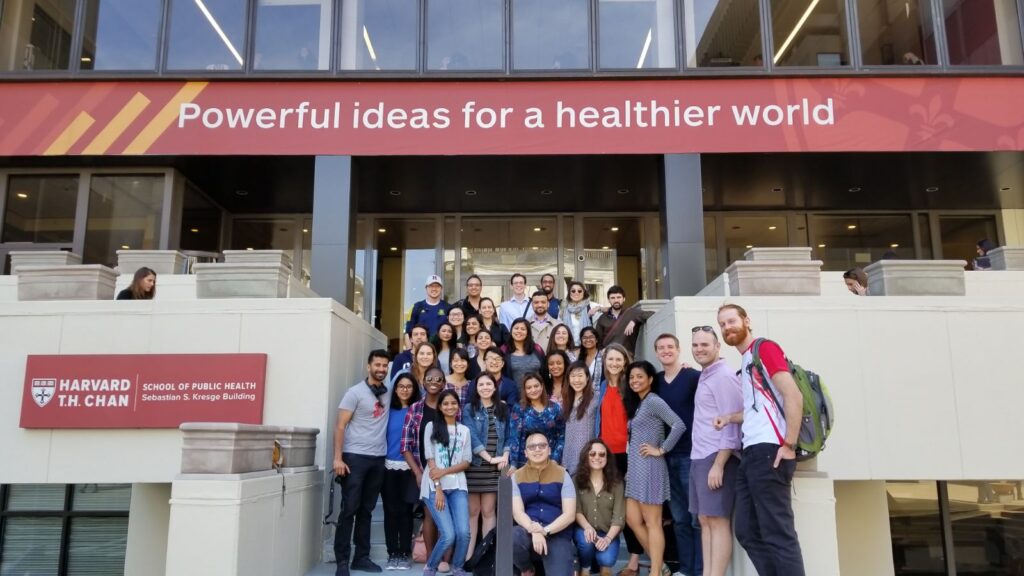
Moving from the traditional technical education system of an Indian medical school to the American education system at the Harvard Chan School was a stimulating experience. It encouraged me to think critically and outside-the-box- something I carry with me to this day and try to implement in my current institution.
The peer learning was equally enriching; studying alongside economists, lawyers, physicians, and sociologists from across the world gave me some of my greatest lessons, through the diverse perspectives they brought into the classroom. Mentorship and guidance from experts who have tackled public health challenges across the globe was the icing on the cake- from late Prof. Richard Cash to the late Paul Farmer, to name just a few.
What was the most valuable takeaway from your time at the Harvard T.H. Chan School of Public Health?
The most valuable takeaway for me was the importance of stepping outside the classroom and engaging in hands-on public health work. My fieldwork in Sierra Leone with the Maternal Health Task Force gave me a perspective that staying in one place could never provide- helping me see both how far India had come in public health and how far we still need to go. That global lens continues to shape my approach to challenges today. My peers who I continue to stay in touch with are amazing mentors, friends, and supporters for life.
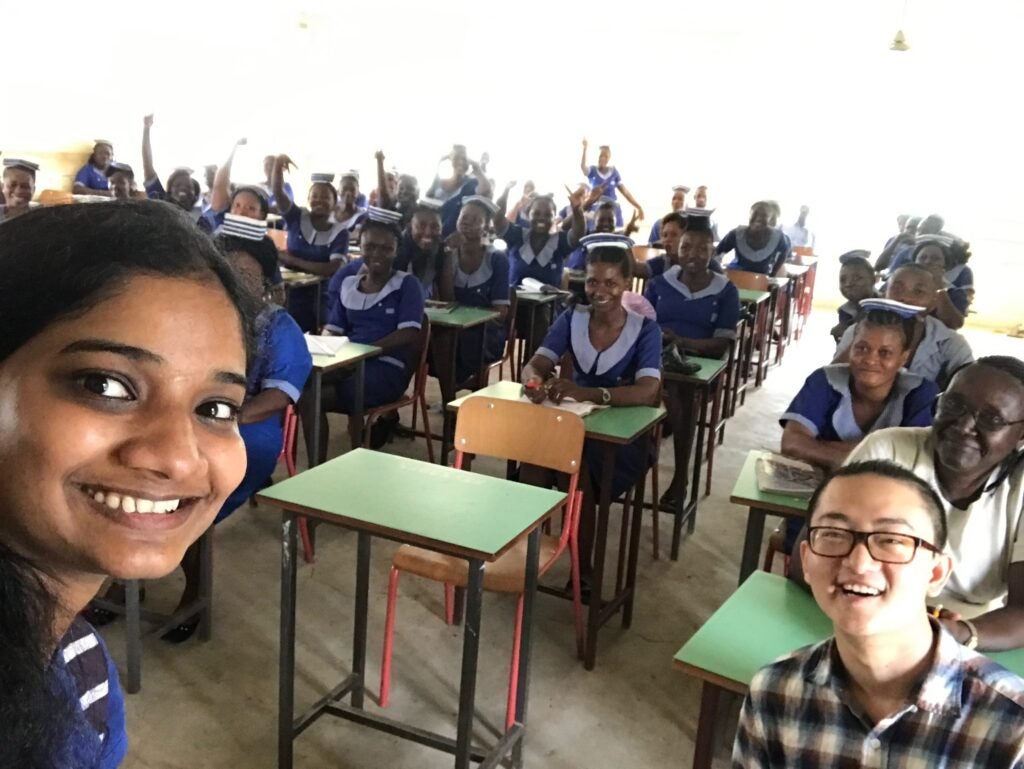
What would you advise others that are interested?
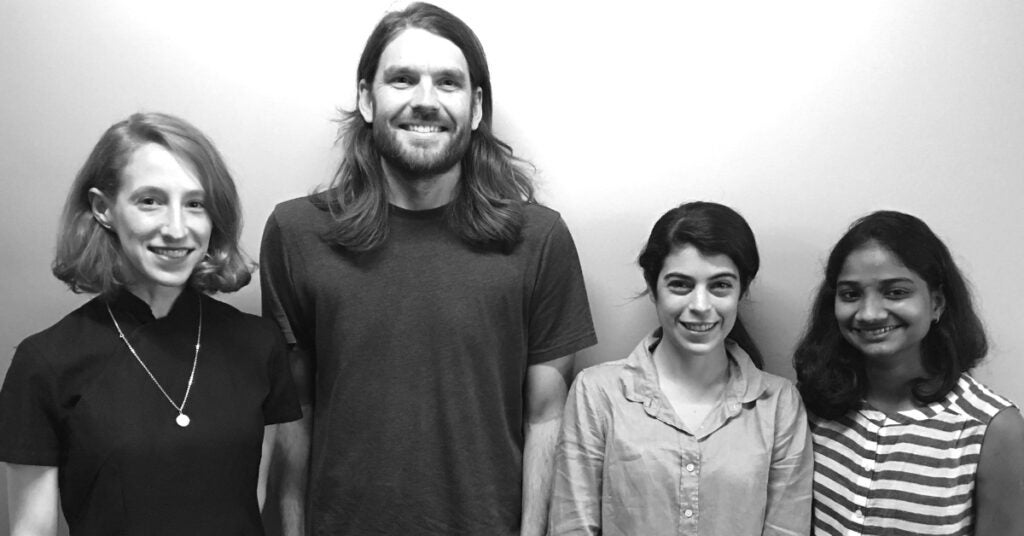
Come with an open mind and curiosity. Be ready to learn as much from your peers as from your professors, and take full advantage of the resources, mentorship, and networks that Harvard offers. The importance of interdisciplinary thinking and centering equity cannot be overstated.
Make the most of opportunities beyond your coursework: hackathons and seed grant opportunities are excellent platforms to sharpen your problem-solving skills, think entrepreneurially, and collaborate. Also, do not limit yourself to your home department- take electives across Harvard and MIT, and join collaborative classes at the Kennedy School and Business School. Just as importantly, participate in practicums and live projects.
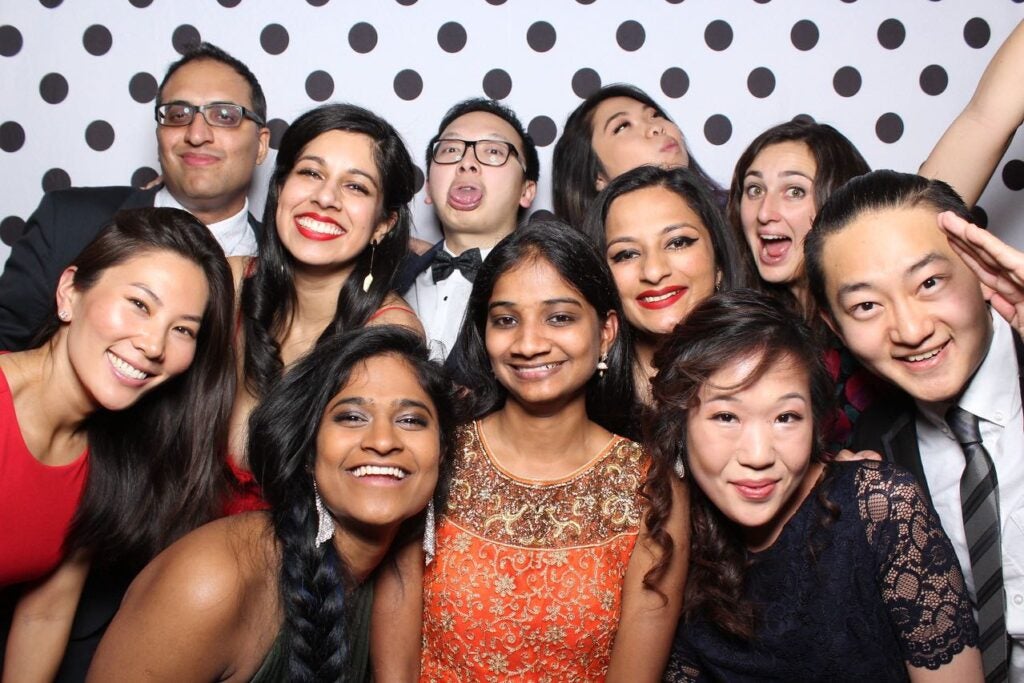
What public health challenge are you currently working on and most passionate about?
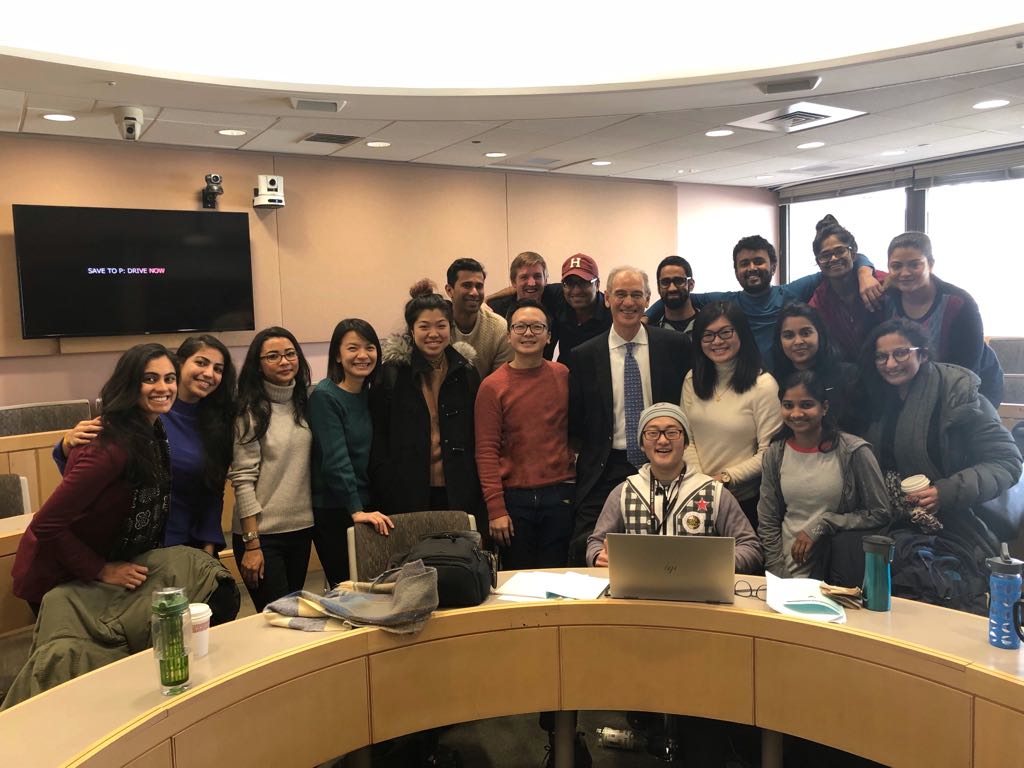
I am passionate about bridging the gap between research, practice, and policy in India particularly through social and behavior change communication on maternal and child health, vaccination, and issues affecting vulnerable groups. In my current role as Director of the School of Public Health at KIIT University, I am also focused on mentoring the next generation of public health leaders who can take these efforts forward with innovation and equity at the center.
What are some of the biggest public health challenges you foresee in the next decade, and how do you think we should prepare for them?
Widening health inequities will dominate the next decade, with climate change and non-communicable diseases disproportionately affecting vulnerable populations. Preparing for these challenges requires sustained investments in prevention- particularly through social and behavioral change and health communication with equity at the core- along with robust data systems and interdisciplinary training. Above all, we need leadership that is empathetic, evidence-driven, and collaborative.